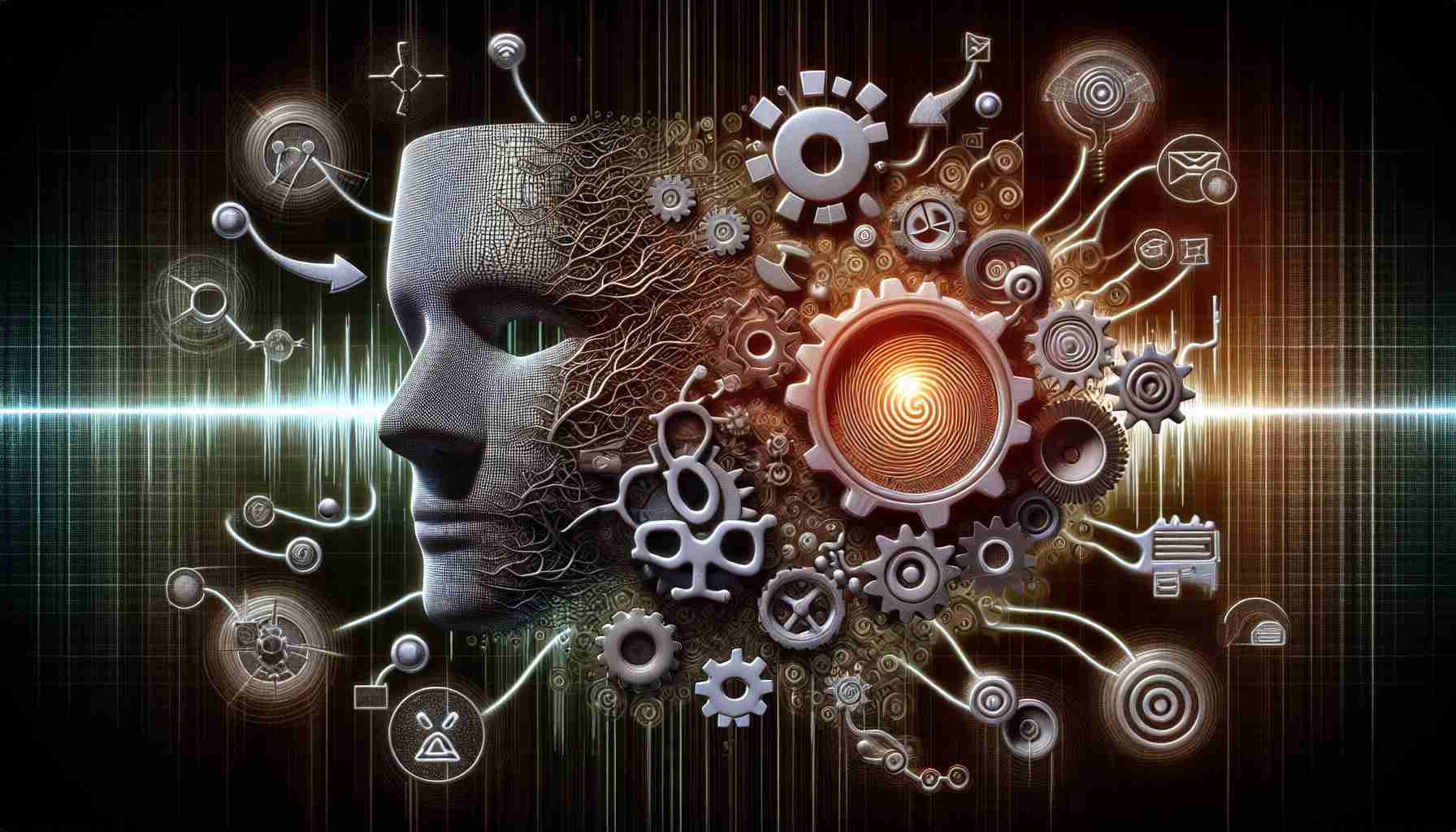AI-generated fake videos have become increasingly realistic and concerning with the introduction of OpenAI’s Sora text-to-video tool. While the technology itself is impressive, the potential for misuse and the damage it could cause is alarming. The ability to create photorealistic videos with Sora raises concerns about the erosion of truth in society.
The implications of AI-generated fake videos go beyond harmless entertainment. Political figures can be impersonated, leading to the spread of misinformation and the manipulation of public perception. As AI tools become more accessible, the risk of politically motivated video impersonation becomes even greater.
OpenAI acknowledges the potential dangers and has implemented safety measures within Sora to prevent content that violates their guidelines. However, it is inevitable that imitations of Sora will emerge, lacking the same safety features and opening the door to misuse.
Already, AI tools are being used for nefarious purposes online, including scamming vulnerable individuals and spreading misinformation. The advanced capabilities of Sora would only exacerbate these issues, enabling even more sophisticated manipulation and the creation of convincing but fabricated footage.
One major concern is the difficulty in distinguishing AI-generated content from reality. Current AI detection tools have limited success rates, and as generative AI develops rapidly, it could outpace the advancement of detection technology. This creates a challenge in identifying and debunking fake videos.
The consequences of AI-generated fake videos can have significant personal and societal impacts. This technology poses a threat to individuals’ privacy, reputation, and overall trust in the media. It also disproportionally affects marginalized groups, such as women, who may become victims of AI-generated revenge porn.
As we navigate the era of AI-generated disinformation, it becomes crucial to develop robust detection methods to combat the rising threat. OpenAI and other stakeholders must engage policymakers, educators, and artists to understand the concerns and work toward effective solutions.
While AI has the potential to benefit society in various ways, it is essential to address the risks posed by tools like Sora. Safeguarding the truth and promoting responsible AI usage are paramount in ensuring a future where technology improves lives without compromising integrity.
FAQ:
1. What is the concern regarding AI-generated fake videos?
AI-generated fake videos, particularly with the introduction of OpenAI’s Sora text-to-video tool, have become increasingly realistic and concerning. While the technology itself is impressive, the potential for misuse and the damage it could cause is alarming.
2. What are the implications of AI-generated fake videos?
The implications of AI-generated fake videos go beyond harmless entertainment. Political figures can be impersonated, leading to the spread of misinformation and the manipulation of public perception. Additionally, AI tools are being used for nefarious purposes online, including scamming vulnerable individuals and spreading misinformation.
3. What measures has OpenAI taken to address the potential dangers?
OpenAI has implemented safety measures within Sora to prevent content that violates their guidelines. However, imitations of Sora lacking the same safety features may emerge, opening the door to misuse.
4. What is a major concern in identifying and debunking fake videos?
One major concern is the difficulty in distinguishing AI-generated content from reality. Current AI detection tools have limited success rates, and as generative AI develops rapidly, it could outpace the advancement of detection technology, creating a challenge in identifying and debunking fake videos.
5. What are the personal and societal impacts of AI-generated fake videos?
The consequences of AI-generated fake videos can have significant personal and societal impacts. This technology poses a threat to individuals’ privacy, reputation, and overall trust in the media. It also disproportionally affects marginalized groups, such as women, who may become victims of AI-generated revenge porn.
Key Terms:
– AI-generated fake videos: Videos created using artificial intelligence technology that mimic real footage but are fabricated.
– Sora: OpenAI’s text-to-video tool that can create photorealistic videos.
– Misinformation: False or inaccurate information that is spread, often unintentionally.
– Public perception: The way in which the general public views or understands a particular topic or individual.
– Marginalized groups: Social groups that are excluded, disadvantaged, or mistreated in society due to various factors, such as race, gender, or socio-economic status.
Suggested Related Links:
– OpenAI: The official website of OpenAI, the organization behind Sora and other AI technologies.
– Deepfakes Explained: An article by Wired that provides an overview of deepfake technology, which is related to AI-generated fake videos.
– BBC Technology News: The BBC’s technology news section, which covers various topics related to artificial intelligence and its impacts.
The source of the article is from the blog coletivometranca.com.br

